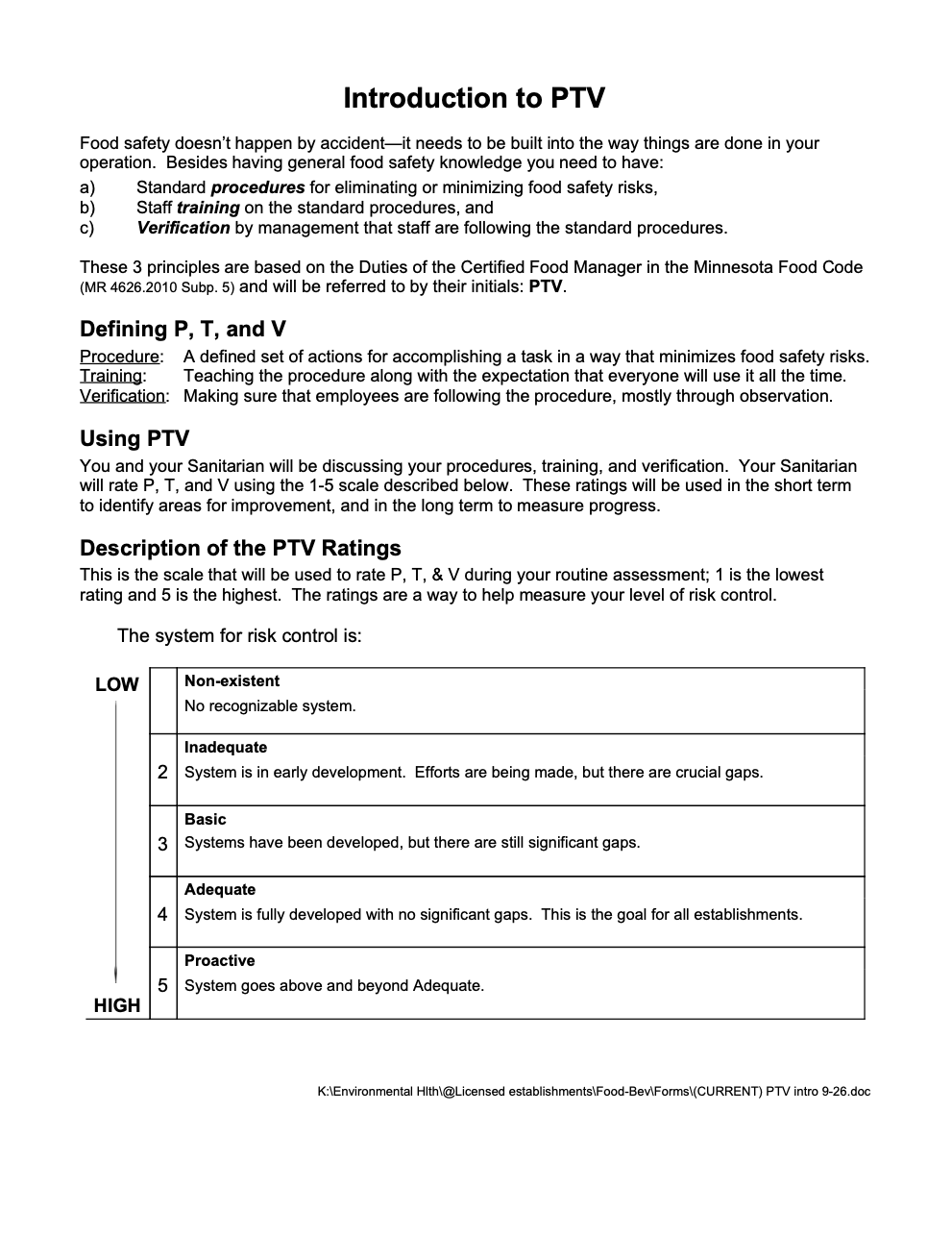Advantages of Scheduled Inspections Re-emerge
Virtual restaurant inspections are a current reality and have been since March, 2020, as reported during an NRA sponsored webinar presentation by Sandra Long, Environmental Manager in Addison Texas. She speaks of its many advantages, starting with the scheduling to be sure the right people are available and all are prepared for Physical Distancing in the often cramped kitchens. A review of the results from the previous audit opens the dialogue and any changes in process are covered.
This sequence mirrors a process that won Olmsted County the coveted Crumbine Award in 2001. Unfortunately, the FDA never got behind the concept or any of its variations. The program was reasserted via an issue presented at the 2016 Conference For Food Protection. It was rejected for apparent legal concerns and its susceptibility to media exaggerations.
The FDA’s “New Era of Smarter Food Safety” program would be well advised to relook at this topic now that so many more technologies are available to call on.
Handwashing For Life® remains a major advocate of scheduled, risk-based, dialogue centered inspections. Its success in Olmsted County over the past 20+ years is a testament to its advantages, including its positive impact on the inspectors themselves. They are more respected as professional food safety consultants rather than leaders of untimely “raids”.
In a letter received from Mike Melius, Environmental Health Manager for Olmsted County, operational advantages are summarized:
We have experienced that open dialogue is dramatically enhanced when the owner, manager, and/or PIC is present and has committed some time to have the discussion. They are extremely busy people, so we choose not to leave to chance our ability to have a deliberate, meaningful, and open discussion with the PIC. This is especially important around busy service times. We expect the PIC prepares mentally for the discussion, and yes, we also see them prepare the establishment. However, this creates an environment that causes food safety system risks and conditions to stand out and sets up a focused discussion on Long Term Risk Control to address improvements to systems, and correction of conditions. Finally, we are still able to conduct unannounced inspections that provide a view of the routine operation of the establishment. This approach is consistent with FDA’s recommendation of multiple inspections per year.
The Olmsted Procedures, Training & Verification rating scale:



